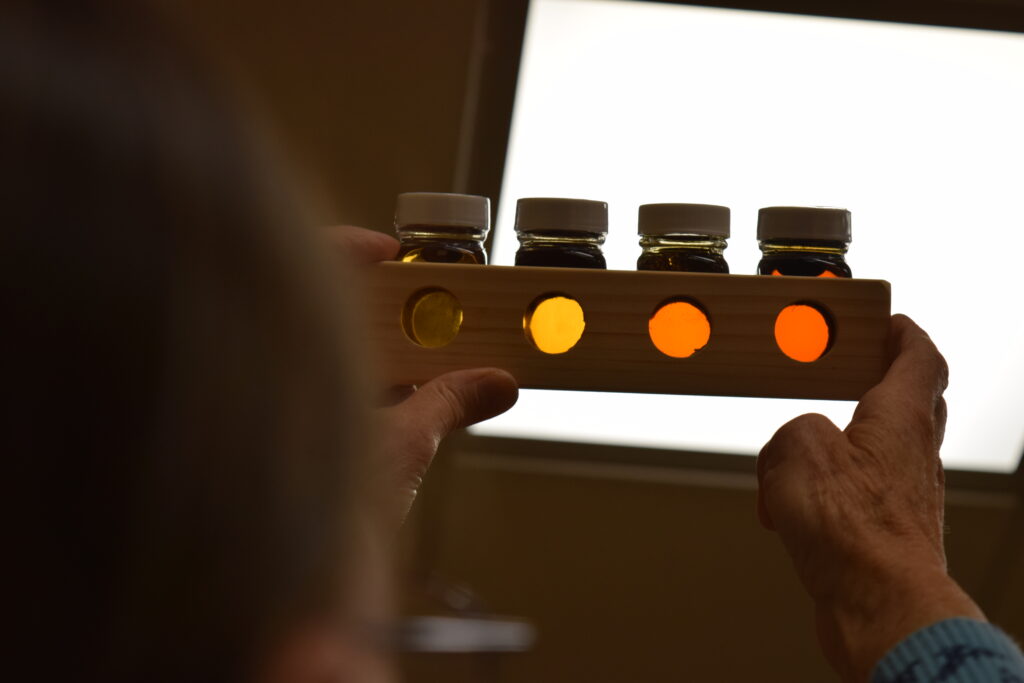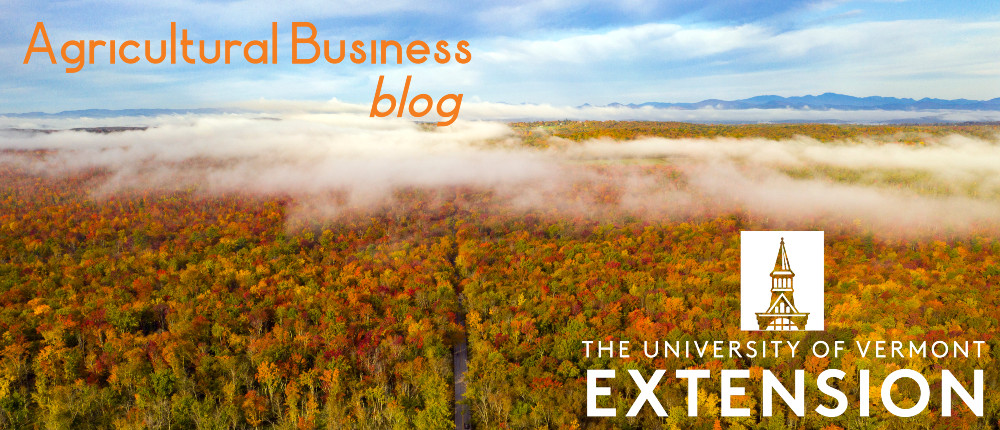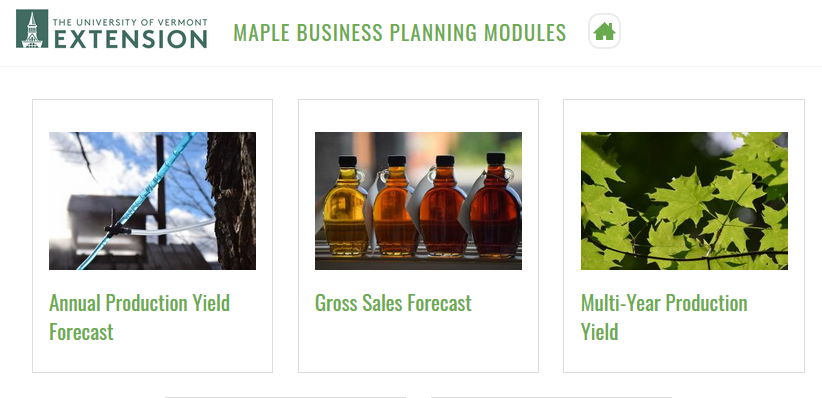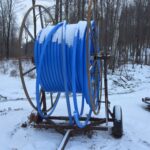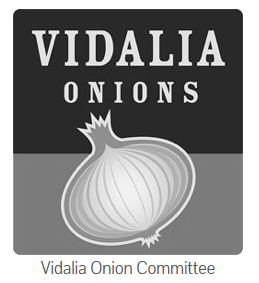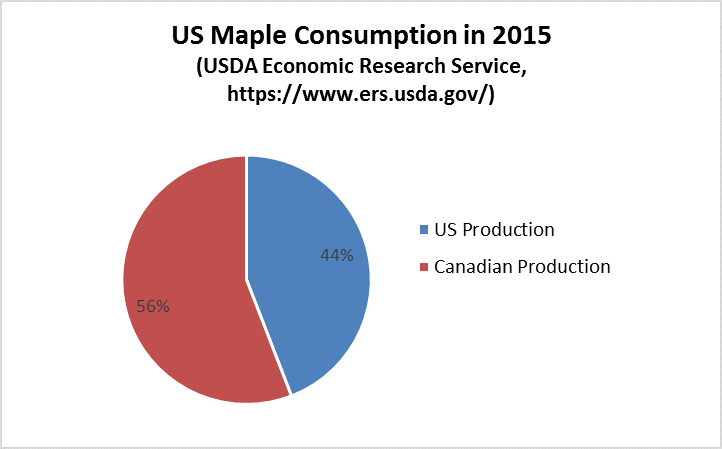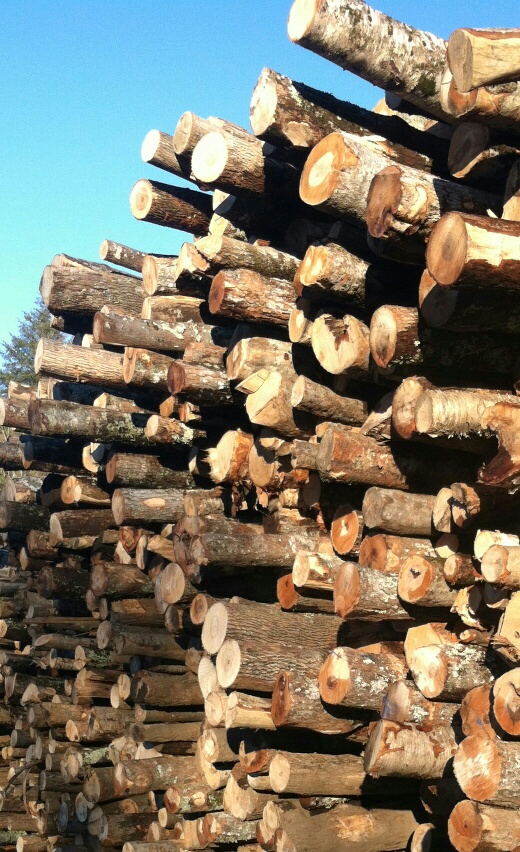 “In preparing for battle I have always found that plans are useless, but planning is indispensable.” Dwight D. Eisenhower
“In preparing for battle I have always found that plans are useless, but planning is indispensable.” Dwight D. Eisenhower
“Everybody has a plan until they get punched in the mouth.” Mike Tyson
I’m not sure if Tyson and Eisenhower are saying the same thing, but they are saying similar things; plans are important, but they go awry. This insight applies to logging businesses particularly. Logging is not boxing or battle, but logging is a risk heavy business significantly influenced by external factors. Improvisation is an essential skill and planning helps you succeed in the heat of the moment.
There is a workshop next week offering free lunch, industry discussion, business skills and technical knowledge to logging businesses. No disrespect to Tyson, but I have found in my work that not everybody has a plan. This workshop is a great place to get one started and to learn how to adjust when you feel the knuckles on your jaw. Offered by University of Vermont Extension, Forest Business, the class is worth 5.5 CFE (Consulting Forester Education) credits and 8 LEAP (Logger Education to Advance Professionalism) credits. This is a great opportunity for professional development. This class will help loggers and foresters understand the shifting economic landscape and stay current on the regulatory and policy front. It is a time to network with peers in the forest products sector and to pick the brains of industry leaders and educators. It is also time to learn business management and finance skills to help your company identify what’s important and where to focus effort.
While preparing for the workshops I have been reading Continuous Improvement in Logging, (CIL) by Steve Bick and Jeff Benjamin. An adept application of Theory of Constraints (TOC) to logging, CIL distills the ideas of CI (Continuous Improvement) providing examples of the productivity of logging operations. With detailed information on productivity and a thorough discussion of common bottlenecks for timber harvesting systems, the book dispenses management wisdom along with rigorous focus on identification of bottlenecks in logging operations. CIL introduces readers to The Goal, a business novel worth a read. The goal is defined as, “making money now and in the future.” This goal focuses all productive effort. Steve will be speaking at the workshop bringing productivity enhancing tools and techniques to those in attendance. These tools will help you continually improve your game, preparing you to avoid the knuckles and spend more time “making money that sticks.”
Punches and lunches lead to continual improvement!
Tell a logger or forester you know to join us or contact cplindgr@uvm.edu for more information.
